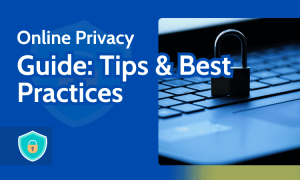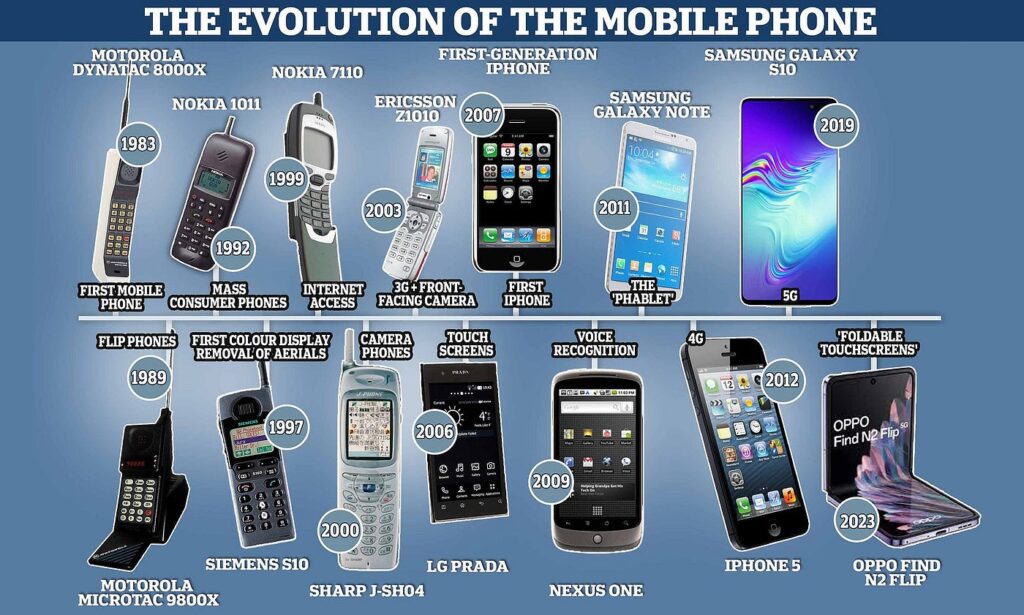The internet has become an essential part of everyday life—whether you’re shopping online, using social media, working remotely, or streaming entertainment. But as we enter 2025, the threats to online privacy are bigger than ever. Cybercriminals, advertisers, governments, and even AI tools are collecting and analyzing personal data at an unprecedented scale.
The question is: how do you protect your digital identity in 2025?
This guide will walk you through the most effective strategies, tools, and best practices to secure your online privacy—from choosing the right VPNs and browsers to protecting your social media and financial data.

Why Online Privacy Matters in 2025
Many people think, “I have nothing to hide, so why should I care?” The truth is, online privacy isn’t just about hiding secrets—it’s about control over your personal information.
In 2025, your data is more valuable than ever:
-
Hackers want your banking and login details.
-
Advertisers track your habits to bombard you with targeted ads.
-
Governments use surveillance for security, often at the expense of privacy.
-
AI companies train models using your data without clear consent.
Losing control over your privacy can lead to identity theft, fraud, scams, and manipulation of your online behavior.
Step 1: Use Strong, Unique Passwords
The first line of defense is strong, unique passwords for each of your accounts. In 2025, password leaks are still a top cause of data breaches.
-
Use at least 12+ characters mixing letters, numbers, and symbols.
-
Never reuse passwords across different platforms.
-
Use a password manager like LastPass, 1Password, or Bitwarden to generate and store them securely.
👉 Pro Tip: Enable two-factor authentication (2FA) or even biometric authentication (fingerprint/face ID) for extra protection.
Step 2: Use a VPN (Virtual Private Network)
A VPN hides your IP address, encrypts your internet traffic, and protects you from hackers, snooping ISPs, and government surveillance.
In 2025, VPNs are more essential than ever, especially if you:
-
Use public Wi-Fi at cafes, airports, or hotels.
-
Want to access region-restricted content.
-
Care about keeping your browsing history private.
Top VPNs in 2025 include: NordVPN, ExpressVPN, ProtonVPN, and Surfshark.
Step 3: Choose Privacy-Focused Browsers and Search Engines
Your browser and search engine are data goldmines. Popular browsers like Chrome track user data heavily. In 2025, privacy-conscious users are switching to alternatives:
-
Browsers: Brave, Firefox, and Tor Browser.
-
Search Engines: DuckDuckGo, Startpage, and Brave Search.
These options block trackers and don’t log your search history.
Bonus: Use browser extensions like uBlock Origin (ad-blocker), Privacy Badger, and HTTPS Everywhere for extra protection.
Step 4: Secure Your Social Media
Social media is where most users unknowingly give away personal data. To stay safe in 2025:
-
Review and restrict privacy settings on Facebook, Instagram, TikTok, and Twitter/X.
-
Avoid oversharing (like travel plans, financial info, or daily routines).
-
Be wary of fake accounts and phishing attempts in DMs.
Remember: Every “like,” comment, and location tag adds to your digital footprint.
Step 5: Protect Your Devices
Hackers often target your devices, not just online accounts. In 2025, with more people using smartphones, IoT devices, and smart home gadgets, device security is crucial.
-
Keep your software and apps updated to patch vulnerabilities.
-
Install antivirus software like Bitdefender, Norton, or Kaspersky.
-
Use firewalls to block unauthorized access.
-
Turn off Wi-Fi/Bluetooth when not in use.
Step 6: Encrypt Your Communications
If you want truly private conversations in 2025, use end-to-end encrypted messaging apps:
-
Signal (most secure and open-source).
-
WhatsApp (popular, but owned by Meta—be cautious).
-
Telegram (secure chats only if enabled).
Emails can also be secured using ProtonMail or Tutanota.
Without encryption, your texts and emails can be intercepted.
Step 7: Be Careful with Public Wi-Fi
Public Wi-Fi is a hacker’s paradise. In 2025, “man-in-the-middle attacks” are still common.
When using public Wi-Fi:
-
Always connect through a VPN.
-
Avoid accessing banking apps or sensitive accounts.
-
Use your phone’s mobile hotspot as a safer alternative.
Step 8: Limit Data Sharing with Apps and Services
Most apps collect more data than they need. To reduce risks:
-
Review app permissions (disable location, camera, microphone if unnecessary).
-
Delete apps you don’t use.
-
Choose services that are transparent about how they use your data.
Remember: If an app is free, you’re probably the product.
Step 9: Be Aware of AI Data Collection
In 2025, AI tools are everywhere—from chatbots to personalized shopping assistants. But many collect personal data without full transparency.
To stay safe:
-
Read AI tool privacy policies.
-
Avoid entering sensitive information into AI chatbots.
-
Use AI tools from trusted providers.
Step 10: Stay Educated and Vigilant
The best way to secure your privacy is to stay informed. Cyber threats evolve constantly, so you need to adapt.
-
Follow cybersecurity blogs and news sites.
-
Take online courses in digital security.
-
Educate family members, especially kids and seniors, about online safety.
The Future of Online Privacy
By 2030, online privacy will be shaped by new technologies like quantum encryption, blockchain authentication, and zero-knowledge proofs. But until then, everyday users must take responsibility for protecting their own data.
Final Thoughts
Securing your online privacy in 2025 isn’t about paranoia—it’s about empowerment. By taking control of your data, you reduce the risk of hacking, fraud, and unwanted surveillance.
From using VPNs and encrypted messengers to practicing smart social media habits, every step counts toward building a safer digital life.
Remember: Your privacy is your power. Protect it


